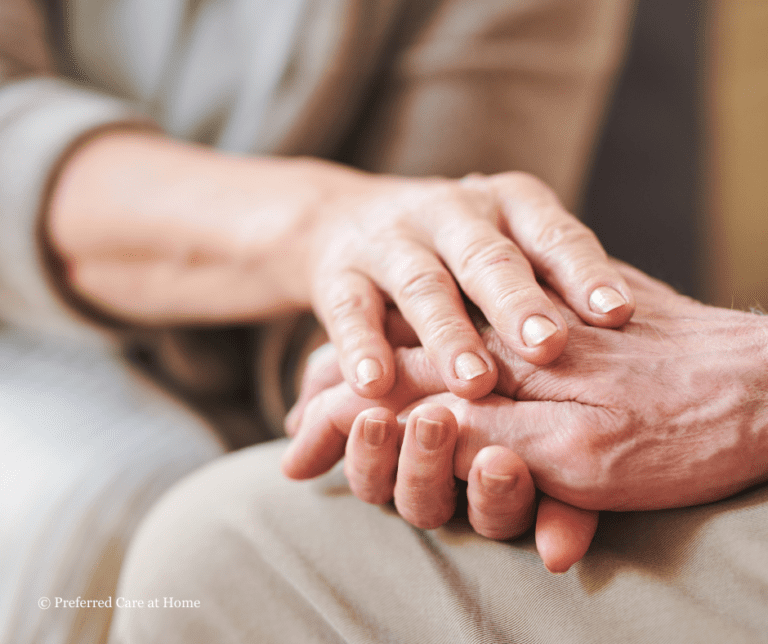Self-Care for In-Home Caregivers: How Do You Feel?
Published April 12, 2013 by Francesca Robinson, MA in At Home Caregiving

“How does it make you feel?” It’s the therapist’s question of choice—and a necessary one. Emotional and psychological self-care starts with engaging your thoughts and feelings.
This is the third post in a series on self-care for the in-home family caregiver. Last week, I discussed planning for it and implementing physical self-care in your life. This week I’ll focus on the emotional side of self-care.
As a family caregiver you’re faced with a variety of complex thoughts and emotions. You’ve seen firsthand the aging process and the effect it has not only on your loved one but also on you and your family. Many family caregivers I’ve interacted with have experienced emotions such as guilt, disappointment, anger, resentment and anxiety. These emotions are normal; however, if they’re ignored, they can lead to depression and burnout.
Caring for yourself emotionally starts by recognizing and expressing what you’re feeling. Here are some ways you can do that:
- Join a caregiver support group. You’re not alone in your feelings. Joining a support groups gives you a place to express those feelings in a group setting with people who understand what you’re going through.
- See a counselor. Talking is an important part of engaging your thoughts and feelings. A counselor can help you process your emotions.
- Allow yourself to laugh … and cry. It’s OK to cut loose and have fun. Express your emotions, laugh when you’re happy and cry when you’re sad. Allowing yourself to feel those emotions rather than ignoring them promotes your emotional health.
Your feelings are important because you are important. As a family caregiver you may feel guilty for feeling burned out or anxious or resentful. But ignoring those feelings can be detrimental to your personal health management as well as the care for your loved one.
How do you process your emotions?
If you have questions about senior home
care services or if you want to start care:
Related Posts

September 26, 2024
3 “Little Things” That Improve Communication Between Caregivers and Loved Ones
Francesca Robinson, MA

October 19, 2023
Preventing Osteoporosis: Essential Tips for Stronger Bones Post-Menopause
R. Bradley Robinson, M.D.

August 4, 2022
Caregiving: Give Yourself Some Credit – You Deserve It!
Laurie Salmons, RN, BSN
Helping seniors age in place, with dignity & grace.